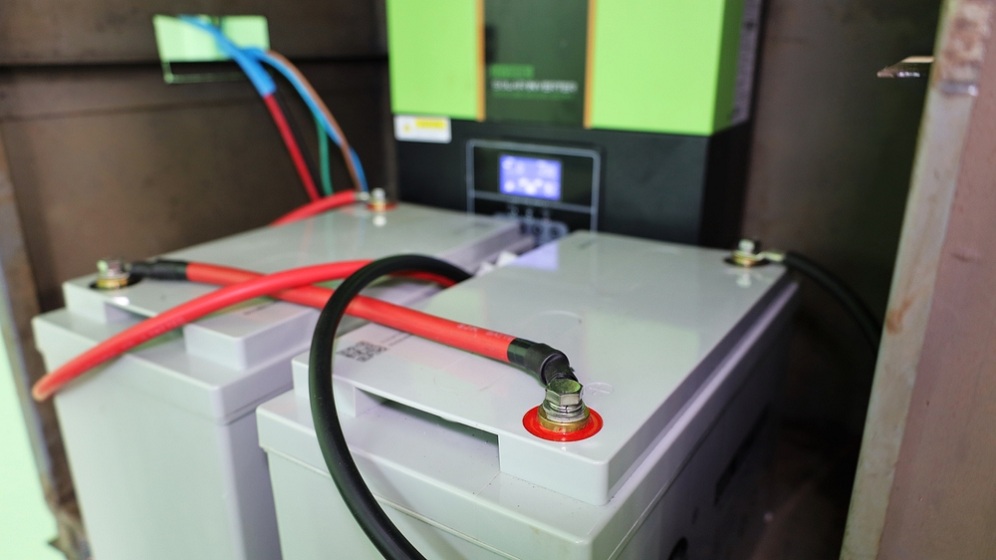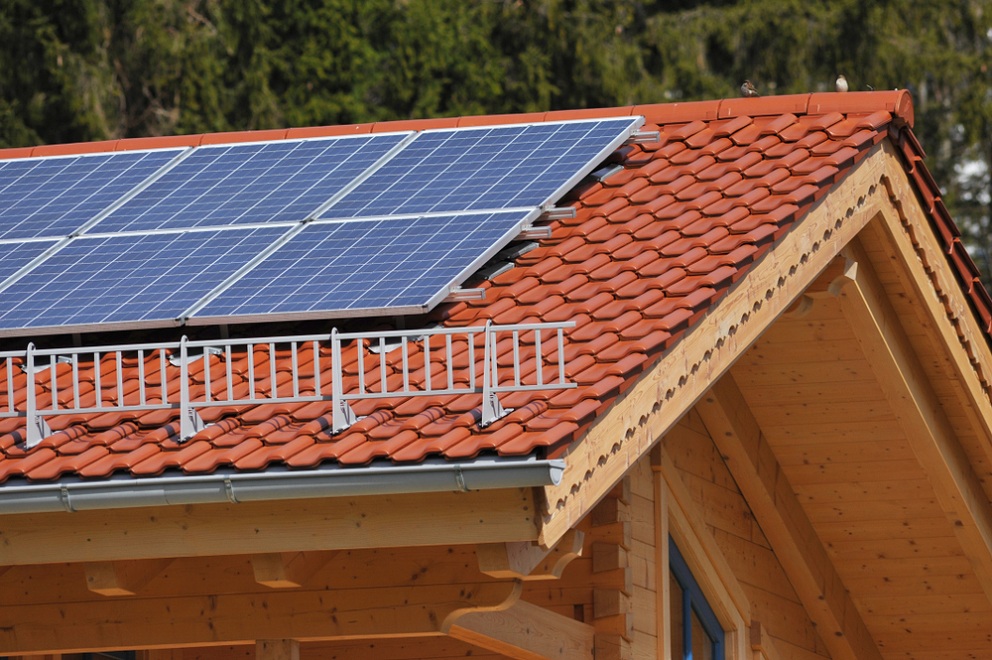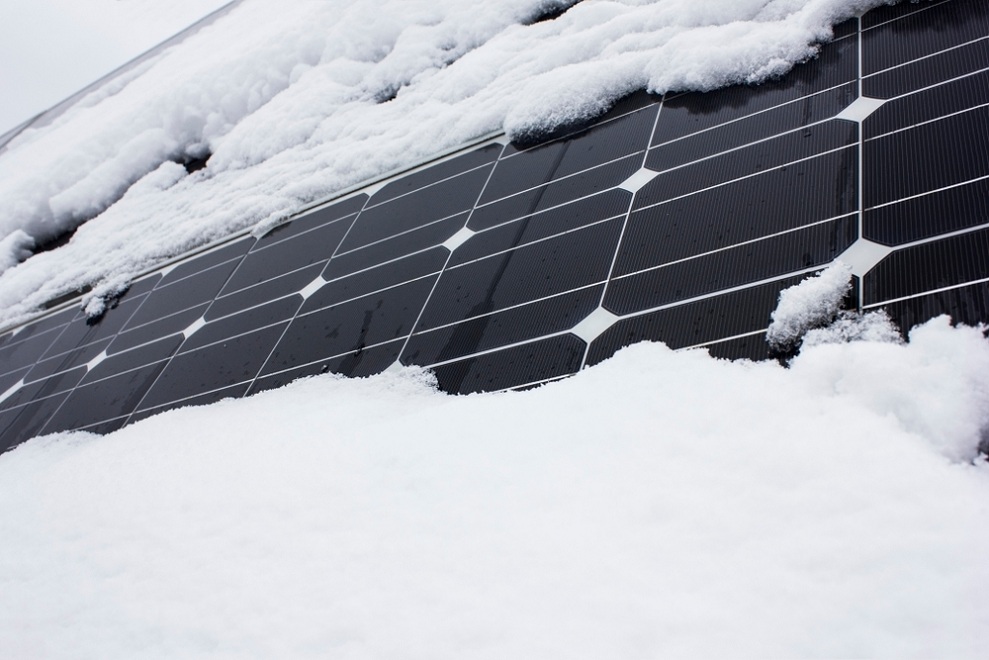It's natural to assume that because solar panels are used to generate electricity from sunlight, they only function in sunny regions, which leads people living in parts of the United States where snow falls during winter to believe that solar panels aren't worth investing in.
But the good news is that even if there is snow, it doesn't affect solar power generation too much.
Therefore, the question arises what effect does snow have on solar panels? Are they useless during the cold months? Below we answer those questions - and much more.
Does Solar Power System Produce Energy in Winter?

A short answer is Yes! They do. As long as sunlight falls on the solar panels, they will continue generating energy, no matter what temperature it is outside.
Cold weather makes PV solar panels work better than they would otherwise. Because, like all electrical devices, solar power works best when it’s cold out. If electronics get too hot, they cannot operate at their peak performance level.
Solar panel manufacturers rate their products based on how well they function at their highest temperatures, the maximum temperature, after which the efficiency of the photovoltaic cells decreases.
When the panel's temperature reaches its maximum operating temperature, usually about 77 degrees Fahrenheit, its ability to create electricity decreases.
During the colder months, solar panels tend to perform better because they're less likely to get too hot and reach their peak temperature.
However, we must point out that this increased efficiency is somewhat negated by the fact that there is less daylight during winter due to shorter days comparatively.
It balances out because its energy output during winter is not drastically different from summer.
Snow on Solar Panel: Can energy be generated, though?
No electricity will be generated if your panels are completely buried under a thick blanket of snow. However, the good news is that you can avoid this problem by letting gravity take care of everything and letting the snow fall off or waiting until after the snow melts. Another option would be to clean the snow yourself.
Snow doesn't usually pose any significant threat to solar panel systems because:
On the whole, snow shouldn't significantly affect solar panels or their performance during the winter. It’s important to remember that if the snow doesn't slide off or melt for several days, your solar panel may not be able to generate energy at that time.
However, winter weather (snow and cold) generally will not pose a major problem for your solar energy system's generation capabilities.
Snow Guards: Consider Installing Them

Snow guards can prevent large quantities of snow from building up on your solar panels. If you live in a region that receives several feet of heavy snow each year, snow guards might be a smart investment for your driveway.
Solar panels are slippery, so they don't provide much traction for the snow accumulating. Snow can easily slide off the roof panels and land on people or landscaping below if no snow guard systems are installed.
Snow guards help to hold back snow so that it gradually melts instead of falling directly down.
Snow shouldn't cause solar panels to break down. Solar panel systems are designed to be durable and handle any weather, including snowfall.
Solar Panels in the Snow: Final Words
Even if you live in a place with regular winter weather, including heavy snowfall, don't be discouraged by that. Get solar power! Remember, solar panels are very common in some of the snowiest states.
New York, Massachusetts, and New Jersey are among the top 10 states for solar panel installation in the United States.


